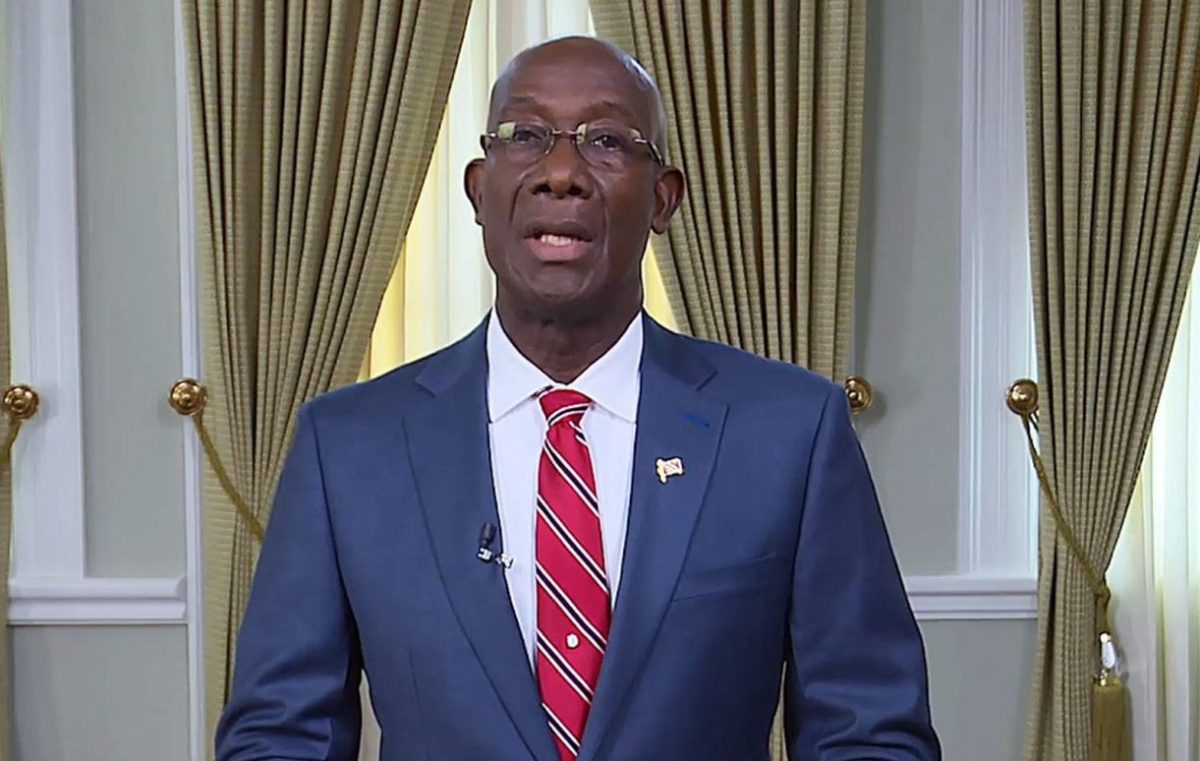Socio-economic consequences arising out of official strictures associated with efforts to push back the rampaging COVID-19 pandemic threaten to spill over into the political arena in Trinidad and Tobago.
Reports out of Port of Spain days ago disclosed that the Trinidad and Tobago Coalition of Services Industries (TTCSI) is beginning to turn the screws on government as businesses in the twin-island republic cast around for solutions to continuing job losses and business closures, outcomes of the Keith Rowley administration’s seemingly increasingly uncompromising pushback against the pandemic that are impacting on critical business operations.
Just over a week ago government officials in Port of Spain engaged some of the country’s leading business organisations, including TTCSI members, to discuss the issues facing businesses that have been closed in compliance with public health protocols being implemented in an effort to roll back the impact of the COVID-19 pandemic. As it happens, the business sector, if not unmindful of the country’s COVID-19-related public health concerns, are no less preoccupied with their own ‘bottom line’ demons.
The country’s Yacht Services Association, an organisation that administers an industry that is important to the country’s economy, is, according to a media report out of Port of Spain, “on the brink of collapse.” It appears that more than 150 applications from vessels awaiting approval for entry into Trinidad and Tobago to undergo repair works have been stalled. A likely consequence of this is that if the logjam isn’t broken quickly, the yachts will move to alternate ports of service, such as Grenada, creating a serious immediate dent in job availability in the Trinidad and Tobago yachting industry.
The Trinidad and Tobago wider services sector is reportedly looking to government for immediate relief for sectors directly impacted by the closure of borders and restricted operations including tour operators, who, reportedly, are facing up to 95% closure of businesses. These, a media report says, include “hotels and other Tourism-associated businesses, Event Management Companies and Professionals, along with the Food/Beverage and Dining and Entertainment establishments.” Government is also reportedly facing calls for the Real Estate Services to be classified as an essential service, a consideration that would render the sector eligible for such concessions as might be available to the wider business community in the prevailing environment.
Another challenge which the authorities there may have to face are reports of domestic violence situations that appear to coincide with the pandemic and which give rise to the need for occupants of properties to be housed separately.
Engagements between government and the private sector in Port of Spain also reportedly include business sector lobbies for consideration to be given to “taxation accommodations” for affected businesses, including tax deferrals, tax amnesty and payment of VAT refunds.






